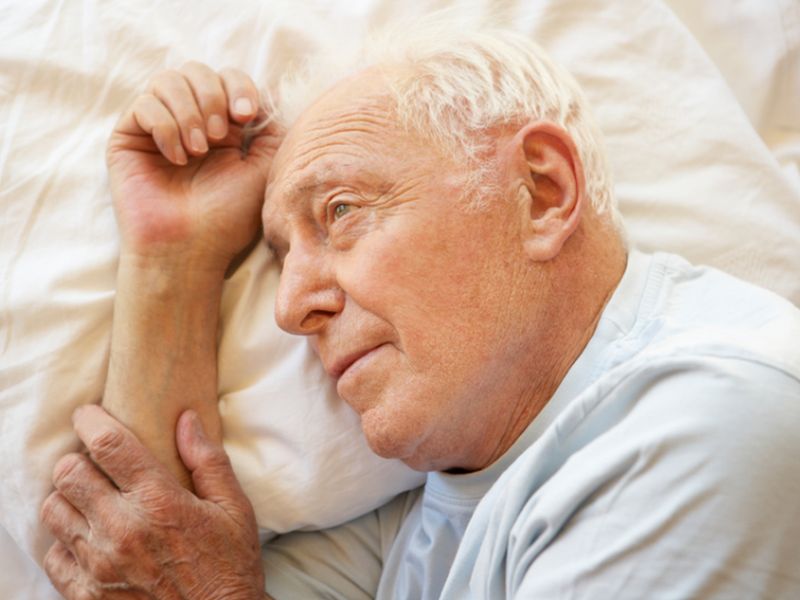

Hour-Long Nap May Boost Brain Function in Older Adults
Linked to improved memory and ability to think clearly in study
Friday, January 6, 2017


FRIDAY, Jan. 6, 2017 (HealthDay News) -- Napping for an hour in the afternoon may provide a mental boost for older adults, a new study suggests.
This extra daytime sleep was linked to improved memory and ability to think clearly among the Chinese study participants, the researchers said.
The study included information from nearly 3,000 adults aged 65 and older. The investigators looked at the participants' nighttime sleep habits and whether or not they took a nap in the afternoon to determine if this extra rest during the day had any effects on their brain function.
Nearly 60 percent of the people regularly napped after lunch. The duration of these naps ranged from about 30 minutes to more than 90 minutes. Most of the participants slept for about an hour, the study found.
The researchers -- led by Junxin Li of the University of Pennsylvania in Philadelphia -- asked the participants to undergo several mental status tests, such as answering simple questions and completing basic math problems. Study volunteers also tried to memorize and recall words, and copy drawings of simple geometric objects.
The people who napped for an hour after lunch performed better on the brain function tests than those who didn't nap at all. Those who slept for an hour also outperformed the people who slept for less than an hour or more than an hour, the findings showed.
The study participants who didn't nap, took short naps or very long naps had declines in their mental abilities that were up to six times greater than those who slept for an hour in the afternoon.
However, while the study found an association between an hour-long nap in the afternoon and sharper mental abilities, it wasn't able to prove a cause-and-effect relationship.
The study was published online recently in the Journal of the American Geriatrics Society.
SOURCE: American Geriatrics Society, news release, Jan. 5, 2017
HealthDay
Copyright (c) 2017 HealthDay. All rights reserved.
News stories are provided by HealthDay and do not reflect the views of MedlinePlus, the National Library of Medicine, the National Institutes of Health, the U.S. Department of Health and Human Services, or federal policy.
- More Health News on:
- Memory
- Seniors' Health



























.jpg)












No hay comentarios:
Publicar un comentario